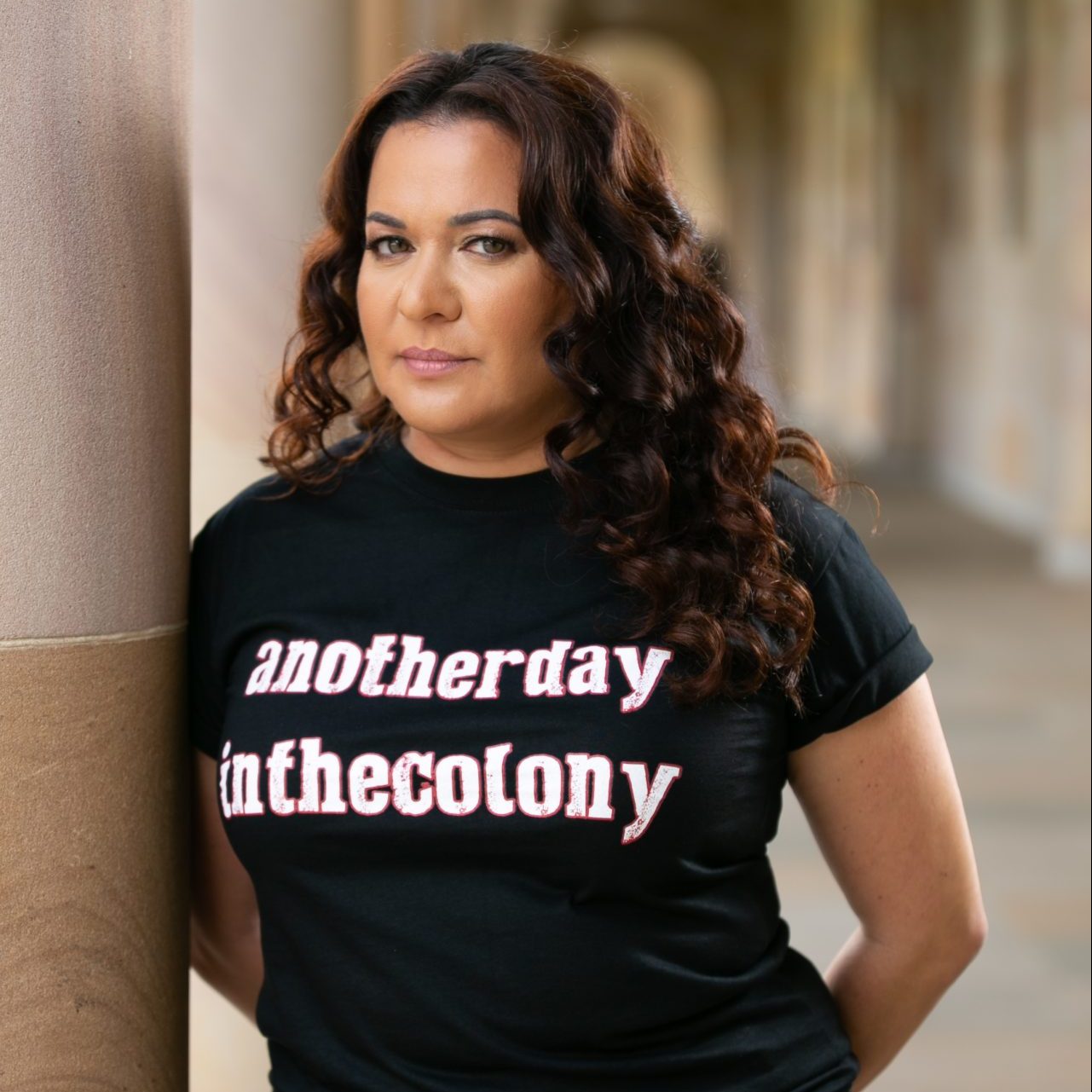Because She Is Black
Love, protection, beauty, royalty are all things that have all too readily been denied to Black women. Instead our expected role has been one of servitude, sexually, domestically, and politically, for White men and White women, and even Black men.

